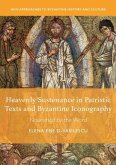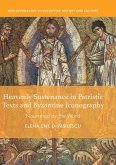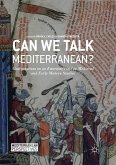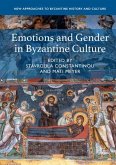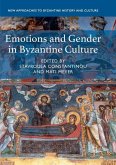This book examines the many ways Byzantines lived with their trees. It takes seriously theological and hagiographic tree engagement as expressions of that culture's deep involvement-and even fascination-with the arboreal. These pages tap into the current attention paid to plants in a wide range of scholarship, an attention that involves the philosophy of plant life as well as scientific discoveries of how communicative trees may be, and how they defend themselves. Considering writings on and images of trees from Late Antiquity and medieval Byzantium sympathetically, the book argues for an arboreal imagination at the root of human aspirations to know and draw close to the divine.
"Byzantine Tree Life comprises three essays framed by a substantive introduction and conclusion. ... the book itself is a conversation between three colleagues, and we the readers are invited to join. We can join first, surely, by looking again and a new at the trees that accompany our days, frame our lives, and appear copiously, indeed instructively, in the cultural remains of our Byzantine friends." (Susan Ashbrook Harvey, Journal of Orthodox Christian Studies, Vol. 6 (1), 2023)


